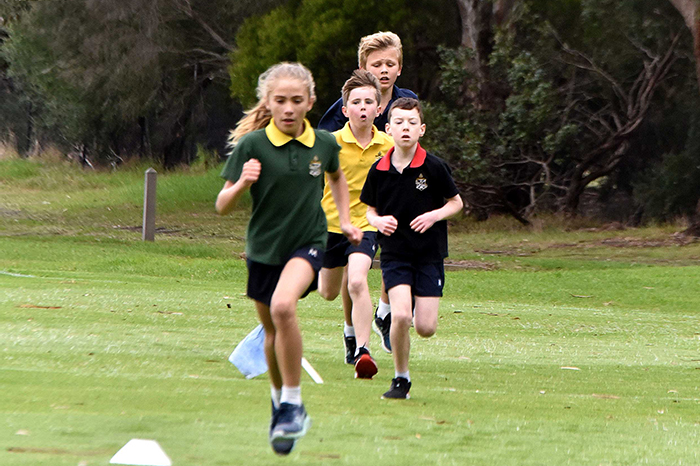- Home
- >
- Curriculum
- >
- Health and Physical Education
Health and Physical Education
Our health and physical education program has an important role to play in equipping our students with knowledge, skills and behaviours to enable them to achieve a degree of autonomy in developing and maintaining their physical, mental, social and emotional health.
Students’ involvement in physical activity can take many forms, ranging from individual, non-competitive activity to competitive team games. Students will also develop an understanding of the importance of physical activity across their lifespan. Included in the program are self-care, health, mindfulness and wellness activities that both lend themselves and highlight the importance of a holistic approach to health and physical education. They will also learn how to develop physical capacity in areas such as strength, flexibility and endurance and how these are related to both fitness and physical performance.
Our program also explores the developmental changes that occur throughout the human lifespan. It begins by identifying the health needs necessary to promote and maintain growth and development, followed by discussion of significant transitions across the lifespan including puberty, to gaining an understanding of human sexuality and the factors that influence its expression. The exploration of human development also includes a focus on the establishment of personal identity, factors that shape identity and the validity of stereotypes.

Lifelong Participation
At the core of our program in the Early Years is the goal of inspiring lifelong participation in active pursuits with competence and confidence. Students study their health as individuals and as a society and their relationships with others. They enjoy movement and physical activity in the development of coordination and sporting skills during physical education lessons, sports days, swimming lessons and class group activities.
Game Sense
Upon reaching the Middle Years, students learn about personal identity, sexuality, respectful relationships and nutrition, while exploring the physical, social and emotional changes they will experience during adolescence. They also explore the topics of mental health and body image, including how they can implement strategies to improve personal care to minimise the effects of stress on their daily lives.
Physical education provides the opportunity for students to explore a range of different sports under the Game Sense approach to learning and teaching. This Sport Education in Physical Education Program (SEPEP) model encourages students to develop their leadership, confidence, and strategic and tactical decision-making, as well as developing their fine and gross motor skills across various sporting codes and activities. As students improve their overall fitness levels, there is a major focus on skill improvement and enjoyment.
Health and Human Development
The program in the Senior Years exposes students to a wider range of physical and recreational activities, and more complex health and human development studies. There is a focus on empowering students to take responsibility for the way their lessons are structured and run to develop interpersonal skills by having to deal with the various scenarios that arise when running such programs.
At the VCE level, physical education examines the biological, physiological, psychological, social and cultural influences on performance and participation in physical activity. Through the study of VCE health and human development, students investigate health and human development in local, Australian and global communities.